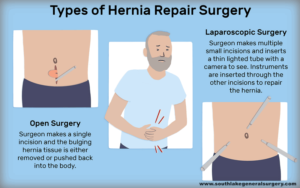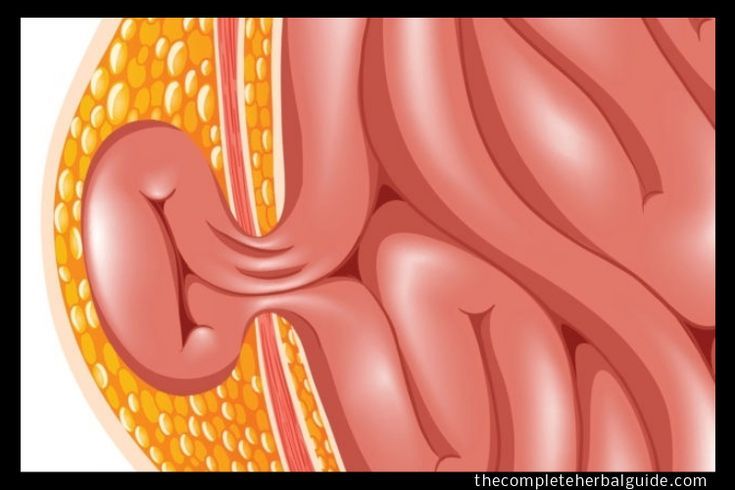
Hernias are caused by a tear or weakness in the muscles of the abdominal wall. If left untreated, the hernia will become more severe and the patient may need surgery. Hernias are painful and can affect a person’s sex life. While she may not know that she has a hernia, many patients are shocked to discover that they have one after suffering from the pain for months or even years.
A hernia is caused by a weak muscle wall in the abdomen. The abdominal wall normally holds internal organs and tissues in place. If a tear in the wall develops, the inner lining can protrude and form a pouch. The bulge in the groin is usually a loop of intestine protruding through the tear. It can also cause chest pain and difficulty swallowing.
Surgical treatment is the only treatment for hernias. If you have other serious medical conditions, this surgery is your only option. During the operation, the weakened tissue of the abdominal wall is restored and the hole is closed. Surgical repair is performed using an open or laparoscopic approach. Laparoscopic surgery is more invasive but requires smaller incisions. Additionally, patients can expect faster recovery and less pain.
When it comes to the causes of a hernia, it is best to consult your doctor. The doctor can determine the exact size of the hernia and prescribe a treatment plan. The information on this site should not be used as a substitute for medical advice. Always seek medical advice before making any decisions regarding your condition. If you think you have a hernia, the best way to treat it is to seek medical help and find out more information on a health website cytocoreinc.com.
An incisional hernia is the most common type of hernia. A scar forms on the abdominal wall, allowing the organ to protrude outward. If there is an incision, the hernia may be caused by surgery. This type of hernia causes discomfort when bending or lifting the baby. In the case of an incisional hernia, the organ may protrude through the scar, causing the abdominal lining to bulge.

The hernia may cause discomfort when bending, lifting the baby, or coughing. In the worst case scenario, a hernia can be fatal, so it is important to seek medical help as soon as you notice any signs of the condition. Your doctor will evaluate you for the cause of your hernia and suggest the best treatment options. It is extremely important to avoid and treat hernias
if they do occur.
An inguinal hernia may cause minor discomfort. It is often associated with straining, heavy lifting and other activities. The only symptoms of an inguinal hernia are a slight bulge and some pain. These symptoms usually go away when you lie down, so they are not usually a cause for concern. Unlike an inguinal hernia, which can be life-threatening, a strangulated hernia can also be dangerous.
If you have a hernia, you should seek medical attention immediately. If the problem is mild and non-life-threatening, surgery is the best option. Although it is invasive, it can help improve your emotional and physical health. Regardless of whether your hernia is asymptomatic, surgery is the only effective treatment for hernias. If the pain is severe, you should contact your doctor immediately.
There are two main types of hernias. The first is a hiatal hernia, which affects the stomach area. It is a hernia that extends into the abdominal wall. Despite being asymptomatic, it can cause serious complications and must be treated immediately. For infants, the only symptoms are blood in stool and constipation. In men, the problem can be caused by prostate problems.
Generally, hernias can be prevented by avoiding the risk factors that cause it. Taking action to prevent hernias early is important to avoid unnecessary surgery and ensuring that you have a healthy digestive system. In particular, you should try to maintain a healthy weight. Moreover, you should not overextend yourself. As much as possible, limit the straining of your abdominal muscles. Yoga is a great way to prevent hernias by strengthening your core muscle and preventing future problems.
